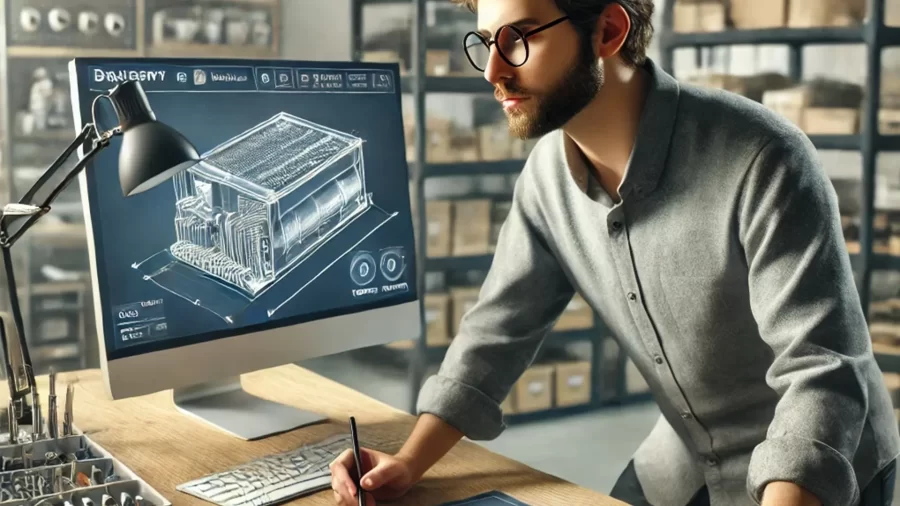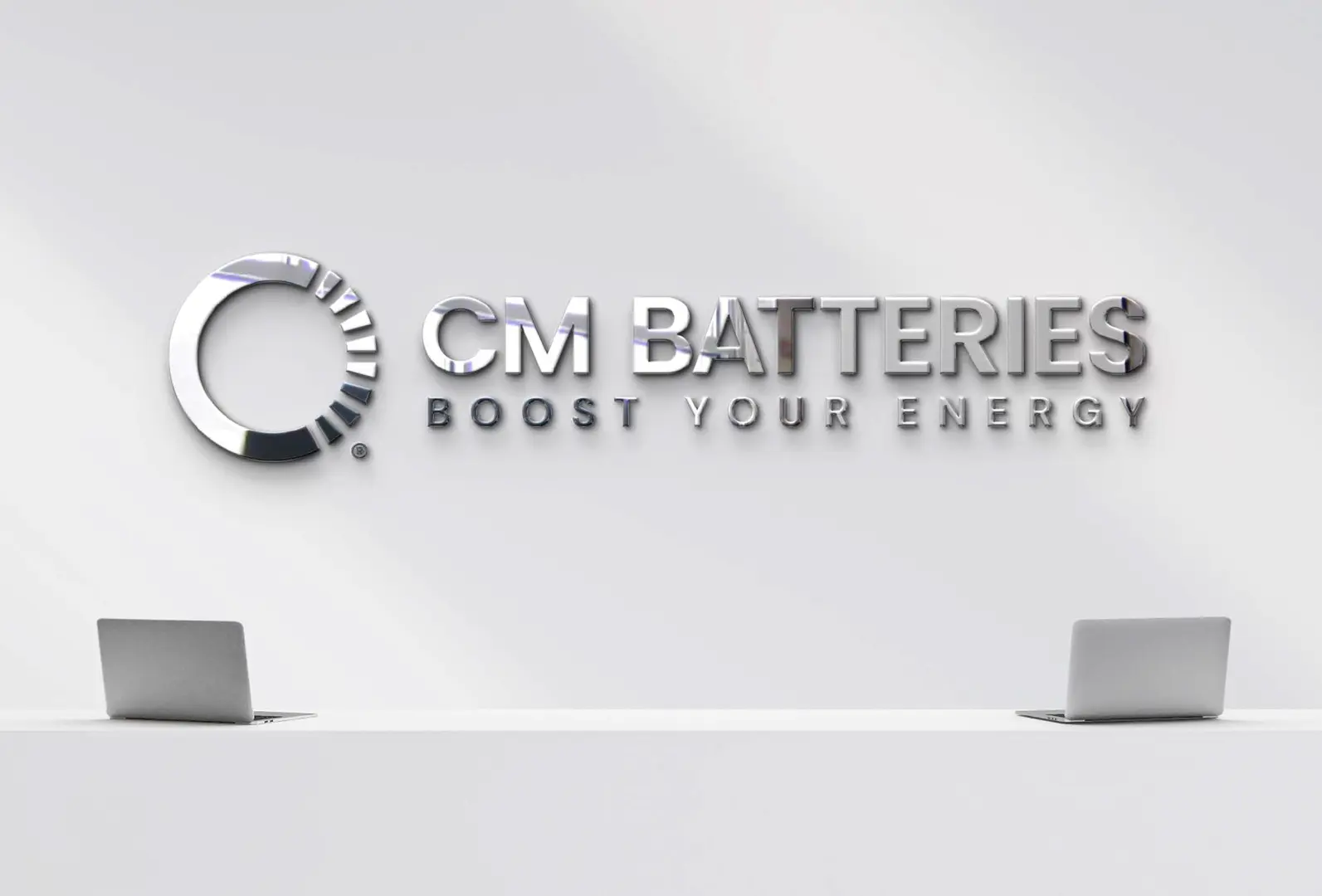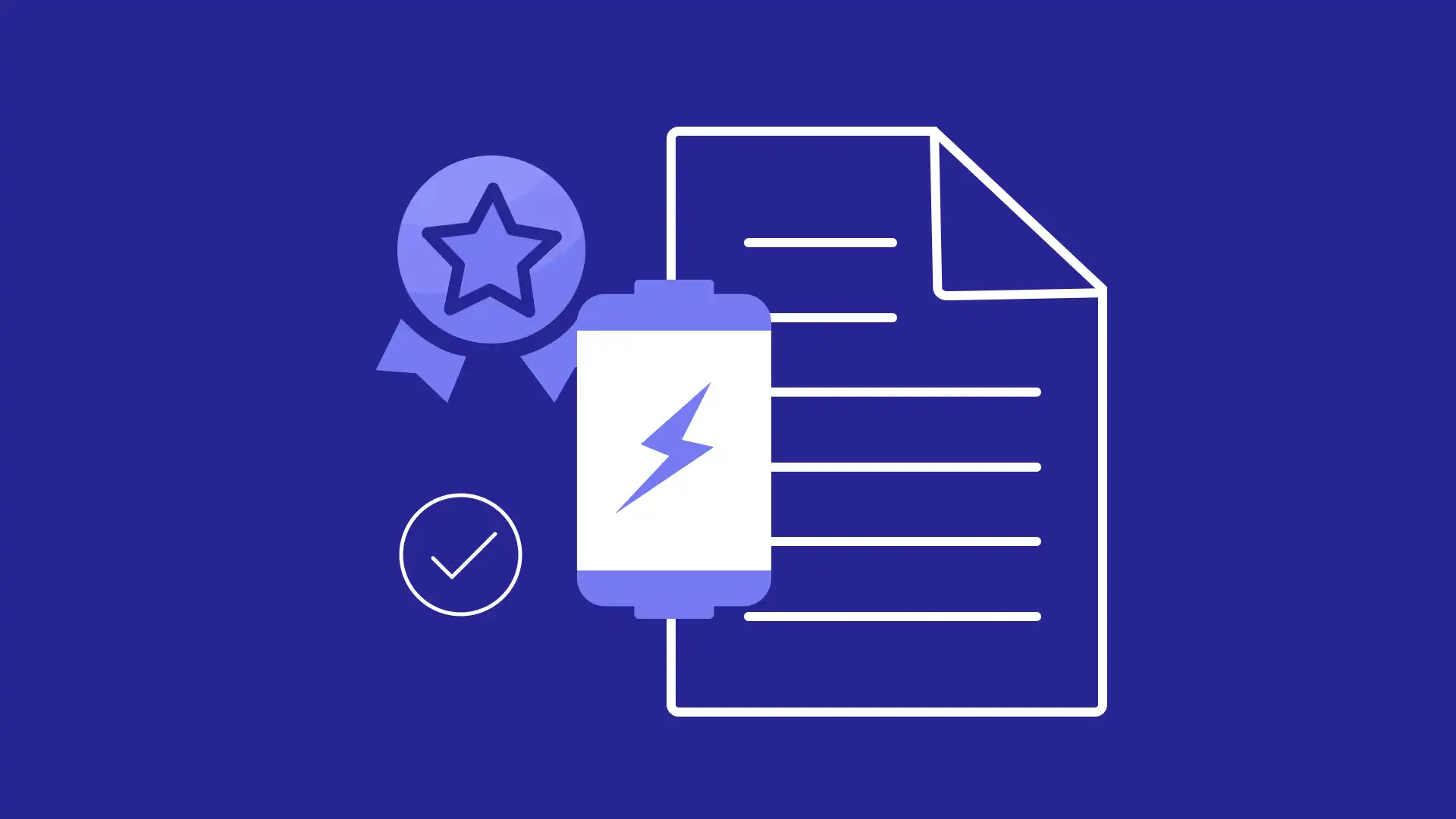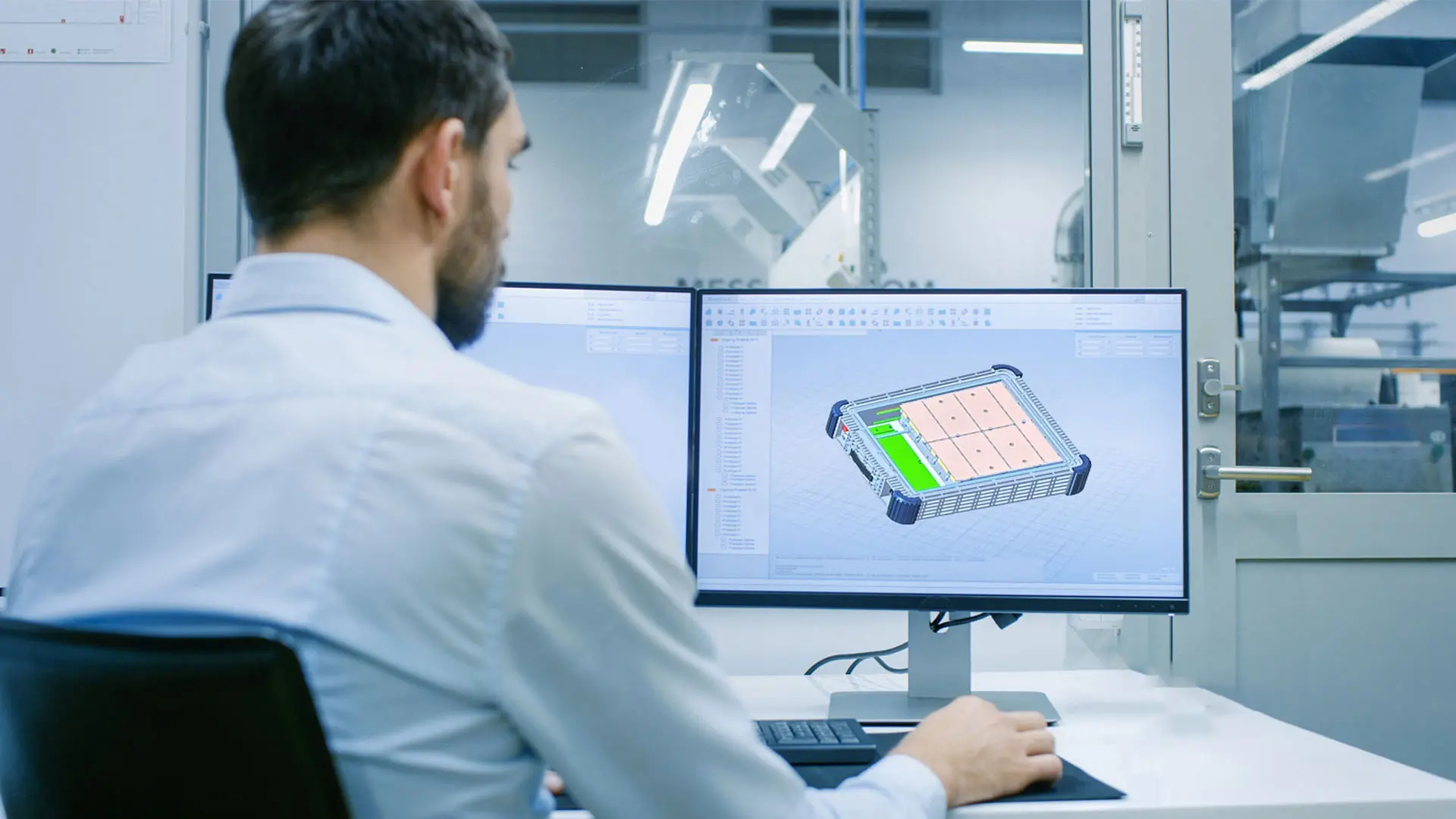The global lithium-ion battery market is growing faster than ever, led largely by a rise in demand for EVs, portable electronics, and grid energy storage. This rapid market growth has led to a spike in international production and distribution, which naturally has drawn the attention of local governments and governing international organizations. This article is the first of our upcoming series on how global policy shifts affect lithium battery production and innovation.
Tariffs
The most important materials used for lithium batteries—such as lithium, nickel, and cobalt—are often mined and exported from other countries. In order to encourage the use of domestic materials and keep money within borders, nations impose tariffs on imported goods. These tariffs impact spending decisions, as higher prices result in a higher likelihood of buying domestically. Higher prices for imported goods also lead to higher prices for consumers. This is a policy frequently used by many countries, including the United States.
For custom battery pack manufacturers, this creates a challenge: how to manage procurement costs while maintaining competitive pricing. One strategy is to diversify suppliers, creating a flexible supply chain that isn’t solely reliant on high-tariff regions. Additionally, manufacturers may explore using locally sourced or alternative materials for specific applications, such as lower-cost battery pack designs for certain industries.
Export Restrictions
To give domestic companies a competitive edge, nations often impose export restrictions on raw materials such as lithium, cobalt, and nickel. This is particularly true with a few of the world’s biggest lithium-producing nations, such as China, certain countries in Africa, and Chile. This reduces the availability of crucial materials globally, sending a ripple through supply chains and affecting global pricing. This could mean delays or increased costs in sourcing the materials needed for high-performance or specialized battery packs. The ripple effects from these restrictions can also lead to global price hikes, making it essential for manufacturers to stay ahead of potential shortages by diversifying supply chain strategies and considering local production options.

Local Incentives
Countries can either invest in keeping their resources within their borders or invest in taking over the global supply chain. A good example of a country that promotes exporting materials globally is Australia. State-level incentives have made Australia a rising global superpower lithium supplier as it’s an increasingly prioritized material internally. Increased investment from around the world has led to expansions in lithium mining and production capacity and has solidified Australia as a major supplier to battery manufacturers, specifically to China.
On the other hand, the government in Chile has tightened its control over its popular resource lithium to monetize it better domestically, straining global lithium supply chains and pushing manufacturers to diversify their options. In this instance, local policy has negatively affected the global lithium supply chain while promoting commerce within the borders of Chile. These local incentives can provide an opportunity to secure more stable and cost-effective material supplies. By partnering with countries offering attractive incentives, manufacturers can benefit from reduced production costs and more predictable supply chains.
However, not all countries are taking this approach. For example, Chile has tightened its control over lithium production to maximize domestic economic gains, which has, in turn, strained global supply chains. Manufacturers may need to adjust by exploring alternative sources or innovating new battery solutions less dependent on high-demand materials.
Geopolitical Tensions
Geopolitical tensions and trade wars, such as the US-China trade war, affect policy substantially. Tariffs and export restrictions are particularly affected, as either country will try to penalize doing business with the other as retaliation for the ongoing trade war. This causes companies around the world to diversify their supply chain as a security measure. As policy is changing all of the time, it’s good for companies to not be reliant on one supplier for all of their lithium battery supply needs. Trade wars also open the door for emerging territories to enter competition, such as India and Southeast Asia. Policies can also specifically target tech, a highly priced and heavily used consumer good.
This geopolitical uncertainty highlights the importance of flexible procurement strategies. The ability to source materials from multiple regions and build resilient partnerships can help safeguard against supply chain disruptions. Moreover, the ongoing trade conflict has opened doors for emerging markets like India and Southeast Asia to become competitive players in the lithium supply sector.
Lithium batteries have become an increasingly important global product, and global policy has reflected as such, as nations will always leverage each other however they can. Tomorrow’s policy is never certain, so make the purchases you want today in case policy changes for the worse.












One thought